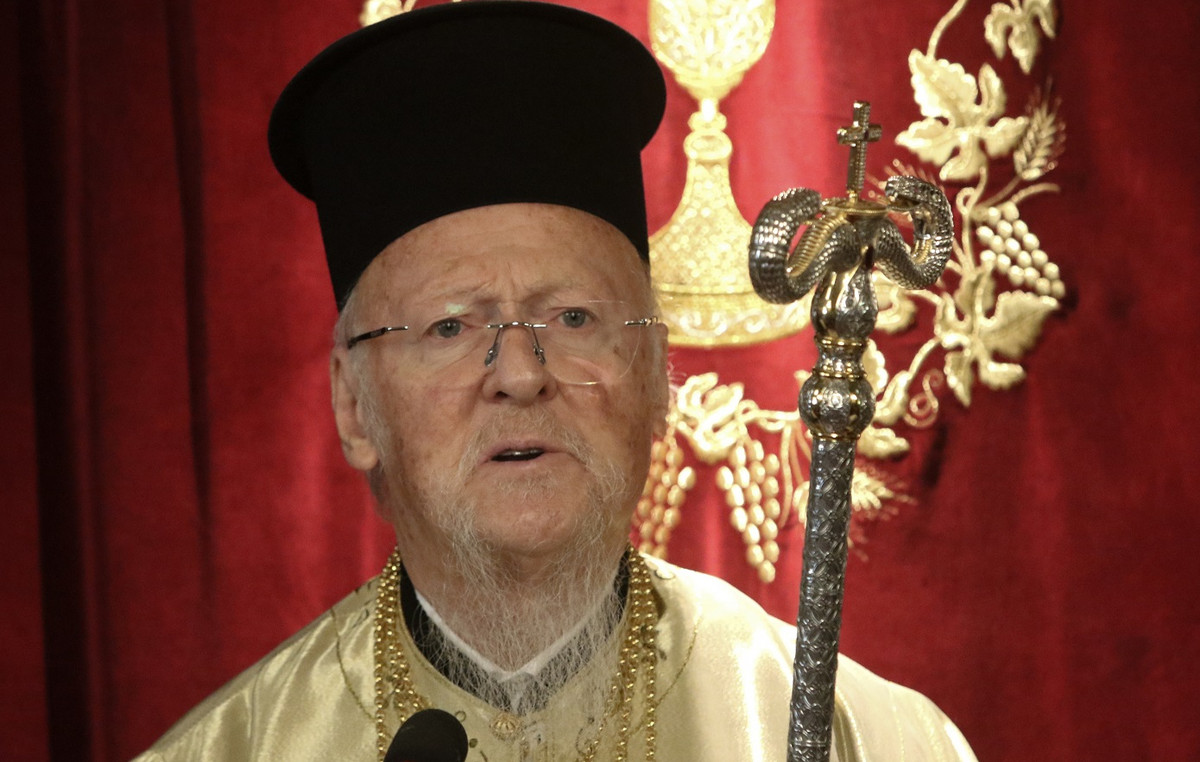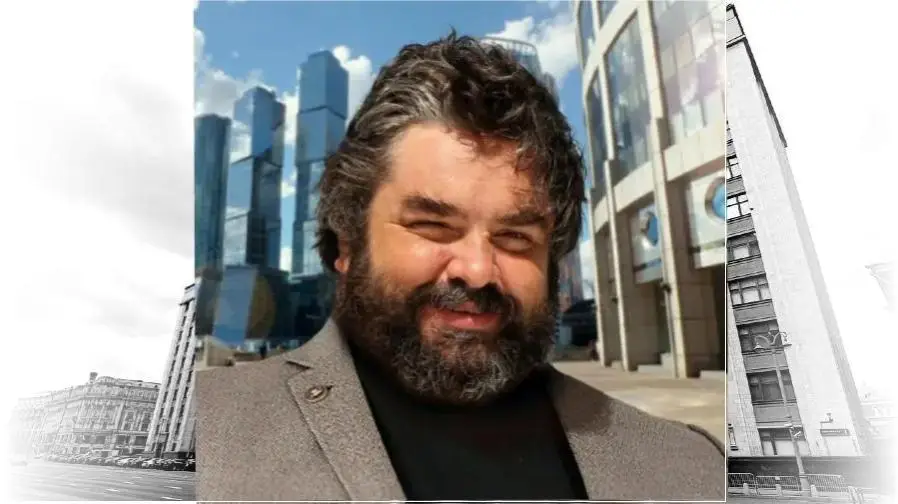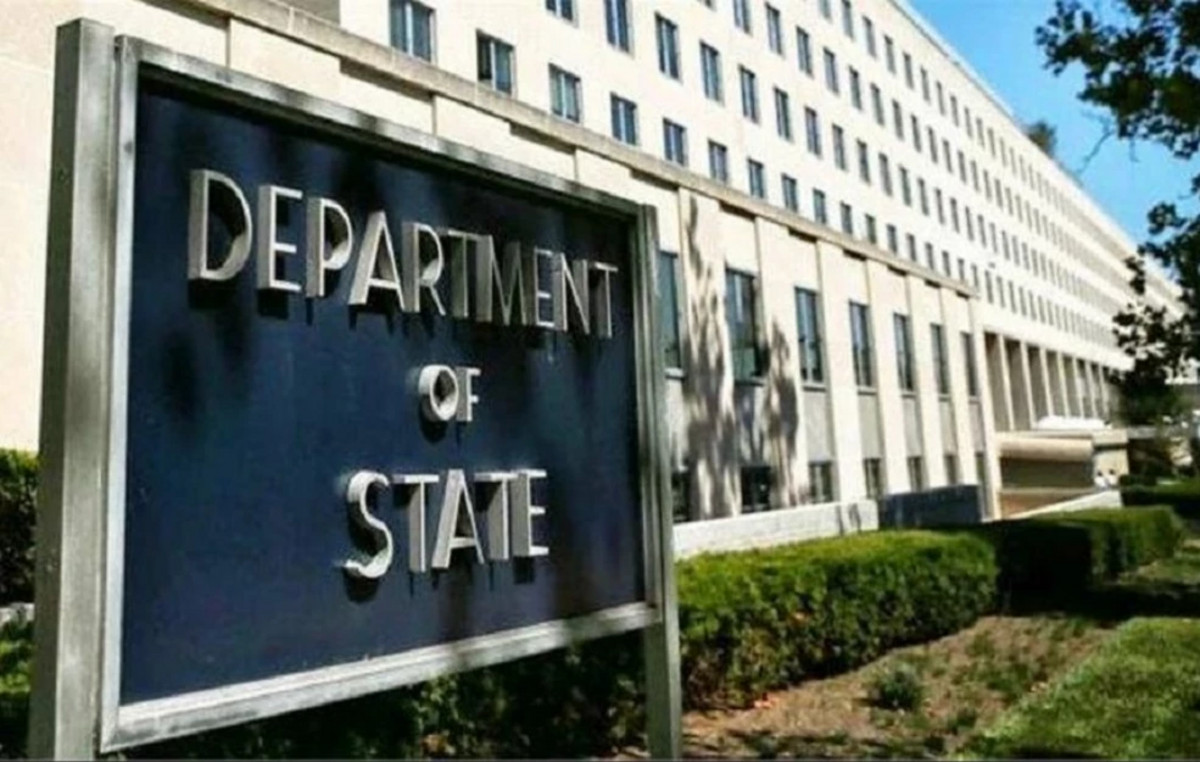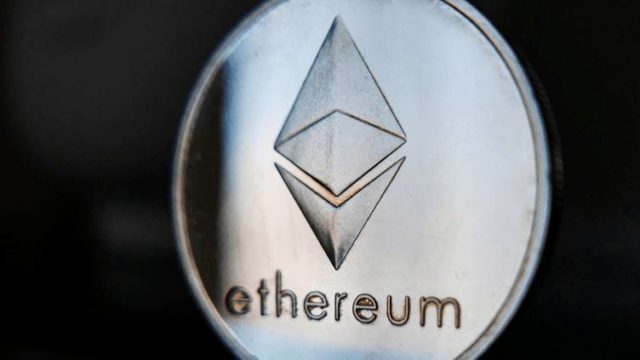The United States warned Iran at the United Nations Security Council on Wednesday (2) against targeting it or Israel. Secretary-General António Guterres said the “deadly cycle of retaliatory violence must stop” in the Middle East.
“Time is running out,” he told the council.
The 15-member council met after Iran attacked Israel with more than 100 missiles and after Israel killed the leader of Lebanon’s Hezbollah and launched a ground attack against the group, raising fears of a wider war in the Middle East. .
“Our actions were defensive in nature,” UN Ambassador Linda Thomas-Greenfield told the council.
“Let me be clear: the Iranian regime will be held accountable for its actions. And we strongly warn against Iran – or its proxies – taking action against the United States, or other actions against Israel,” she said.
French Ambassador Nicolas de Riviere said the country wants the Security Council to “show unity and speak with one voice” to calm the situation. Thomas-Greenfield said the council should condemn Iran’s attack and impose “serious consequences” on Iran’s elite Revolutionary Guard Corps for their actions.
“We have a collective responsibility, as members of the Security Council, to impose additional sanctions on Iran for supporting terrorism and to pass so many of this Council’s resolutions,” said the US ambassador.
The UN Secretary-General, António Guterres, strongly condemned Iran’s attack on Israel.
Earlier on Wednesday, Israel’s foreign minister said he was blocking Guterres from entering the country because he had not spoken out forcefully.
In a letter to the Security Council on Tuesday, Iran justified its attack on Israel as self-defense under Article 51 of the UN’s founding Convention, citing Israel’s “aggressive actions,” including violations of Iran’s sovereignty.
“Iran… in full compliance with the principle of distinction under international humanitarian law, only attacked the regime’s military and security installations with its defensive missile strikes,” Iran wrote to the council.
Israeli Ambassador Danny Danon on Wednesday rejected Iran’s claim of self-defense.
“It was a calculated attack against a civilian population,” he told reporters before the council meeting. “Israel will not remain indifferent in the face of such aggression. Israel will respond. Our response will be decisive and, yes, it will be painful, but, unlike Iran, we will act in full accordance with international law.”
Understand the scale of Middle East conflicts
Iran’s missile attack on Israel on the 1st marked a new stage in the regional conflict in the Middle East.
On one side of the war is Israel, with support from the United States. On the other, the Axis of Resistance, which receives financial and military support from Iran and which has a series of paramilitary groups.
There are seven conflict fronts currently open: the Islamic Republic of Iran; Hamas, in the Gaza Strip; Hezbollah, in Lebanon; the Syrian government and the militias operating in the country; the Houthis, in Yemen; Shia groups in Iraq; and different militant organizations in the West Bank.
Israel has soldiers on three of these fronts: Lebanon, the West Bank and the Gaza Strip. In the other four, it carries out aerial bombings.
The Israeli Army began a “limited ground operation” in Lebanon on September 30, days after Israel killed Hezbollah leader Hassan Nasrallah in a bombing of the group’s headquarters in the Beirut suburb.
The Israel Defense Forces say they have killed virtually the entire Hezbollah chain of command in similar bombings carried out in recent weeks.
On September 23, Lebanon had its deadliest day since the 2006 war, with more than 500 fatalities.
At least two Brazilian teenagers died in the attacks. Itamaraty condemned the situation and called for an end to hostilities.
With the increase in hostilities, the Brazilian government announced an operation to repatriate Brazilians in Lebanon.
In the West Bank, the Israeli military is trying to dismantle groups opposed to Israel’s occupation of Palestinian territory.
In the Gaza Strip, Israel seeks to eradicate Hamas, responsible for the October 7 attack that left more than 1,200 people dead, according to information from the Israeli government. The Israeli operation killed more than 40,000 Palestinians, according to the enclave’s Ministry of Health, controlled by Hamas.
Hamas leader Yahya Sinwar remains hidden in tunnels in the Gaza Strip, where dozens of Israelis kidnapped by Hamas are also believed to be in captivity.
This content was originally published in USA warns Iran at UN Security Council on the CNN Brasil website.
Source: CNN Brasil
Bruce Belcher is a seasoned author with over 5 years of experience in world news. He writes for online news websites and provides in-depth analysis on the world stock market. Bruce is known for his insightful perspectives and commitment to keeping the public informed.







